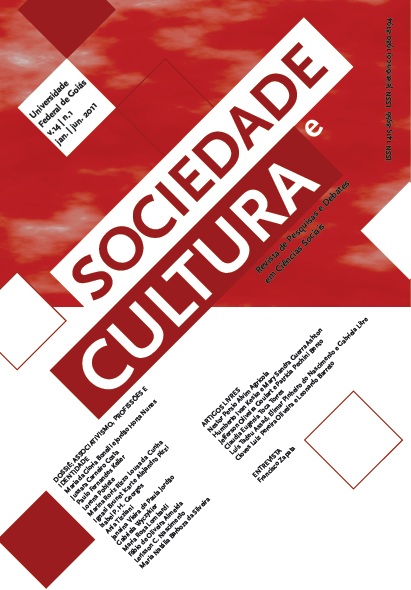El colectivo como vía de acceso al trabajo: el caso de los trabajadores vitícolas de Mendoza, Argentina (1995-2010)
DOI:
https://doi.org/10.5216/sec.v14i1.15650Keywords:
colectivo, trabajo agrícola, reconversión industrial, inseguridad laboral, Argentina.Abstract
La organización del trabajo en la viña que caracterizó al modelo de producción centrado en el mercado interno tenía como eje la familia. Gracias a que los distintos miembros de la familia participaban del trabajo agrícola, este tipo de organización podía adaptarse a las demandas del ciclo de labranza.
A partir de los años 1990, cuando el modelo de producción vitivinícola se orienta hacia al mercado externo, se introducen nuevas tecnologías agrícolas, y por consiguiente se modifica el modo en que se organiza el trabajo.
En este contexto de transformación del mercado de trabajo surgen dos formas asociativas que permiten la inserción laboral de los trabajadores expulsados por el nuevo modelo. El objetivo de este estudio es analizar la manera en la que se constituyen y funcionan estos colectivos. Los casos estudiados son: el uso colectivo de la categoría trabajador autónomo y las cooperativas de traabajo informales.
Downloads
Downloads
Published
How to Cite
Issue
Section
License
Authors who publish in this journal agree to the following terms:
- Authors retain the copyright and grant the journal the right of first publication, the work being simultaneously licensed under the Creative Commons Attribution License, which allows the sharing of the work with acknowledgment of authorship and of the initial publication in this journal;
- Authors are authorized to enter into additional contracts separately, for non-exclusive distribution of the version of the work published in this journal (eg, publishing in an institutional repository or as a book chapter), with acknowledgment of authorship and of the initial publication in this journal;
- Authors are allowed and encouraged to post and distribute their work online (eg, in institutional repositories or on their personal page) at any point before or during the editorial process, as this can bring productive change as well as increases the impact and the citation of the published work (see O Efeito do Acesso Livre).



